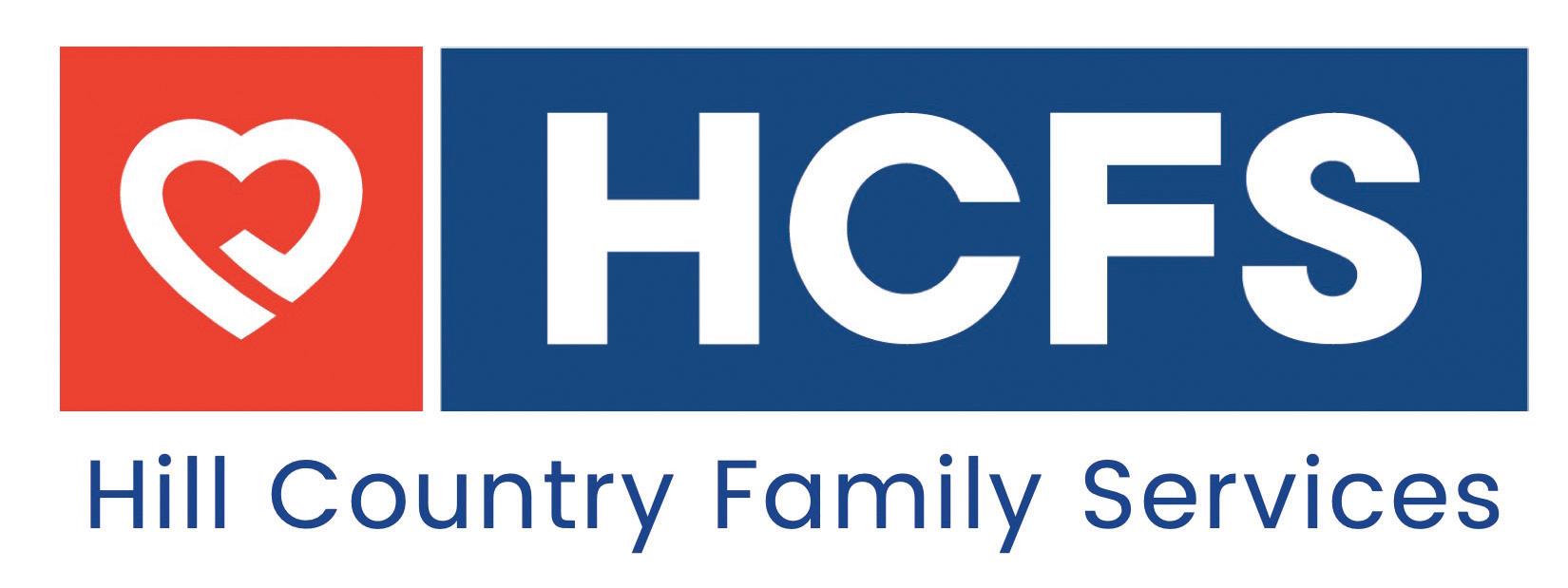fraud
How You Can Reduce the Risk of Fraud from Within
W
by Steven Guerra, CPA, Audit Manager – ADKF
While reading the news one morning, you may come across a story of fraud occurring within an organization. It may seem so distant, but have you ever stopped to consider whether or not fraud occurs within your own organization? As technology evolves, the capabilities of a fraudster will too. If you don’t implement the proper internal controls within your organization, you may be susceptible to fraud. Before beginning, you first need to overcome the trust and tenure of your employees. Based on the stories you hear, it only takes an opportunity for an individual to commit fraud, regardless of the perceived moral opinion of the individual. There are a number of other actions you can take to prevent or reduce the risk of fraud within your organization. A majority of the fraud within a company occurs when an employee steals money. There are a few ways you can combat this. We recommend management reviews all invoices and any other additional support for an expenditure, before ever signing a check. You should also confirm that the payee, address, and amount on the check match with the invoice. A prime example of fraud would be seeing two checks made out to your local utility company, when in reality, there should only be one. Another example is seeing disbursements to an unfamiliar vendor. Any concerns you have should be referred to the individual who authorized the expenditure in the first place. To combat potential fraud, most financial institutions offer positive pay for disbursements to eliminate check fraud. Positive pay is an automated fraud detection tool that matches all the information of each check presented for payment against a list of checks previously authorized and issued by the company. For incoming receipts, we recommend having someone outside of the accounting department open all mail and maintain a log of all of receipts received each day. This log should be used during the review of the bank reconciliation to verify the receipts were properly recorded in the accounting software and to make sure that receipts received by mail were actually deposited into the company’s bank account. If any cash is received, ensure a two-person system to acknowledge and document such collection. If possible, consider cross training your staff to perform other job functions within the company. This would provide your company the
20
B oerne B usiness M onthly | September 2020
ability to rotate responsibilities, and create a system of checks and balances, which can be especially helpful if you have concerns of potential fraud. Questions and recommendations may result from this new perspective and give you a chance to identify and resolve any inconsistencies or loopholes in your current processes. Additionally, cross training of staff also allows your accounting staff to take vacations without missing a beat, thereby interrupting the fraudster’s system of being able to commit the fraud without being detected. Lastly, as you strengthen your controls and procedures, confirm with your human resources department that a background check is performed prior to hiring any accounting or administrative candidate. Red flags include personal bankruptcy within the last five years; lawsuits filed to prevent foreclosure of assets by the candidate or suits filed to demand payment against the candidate; and felony or serious misdemeanor convictions, including check fraud. Some of these suggestions may already be in place at your company; others may be considered appropriate to implement, and some may not be possible due to cost constraints and other limiting factors. In order to prevent fraud within your organization, review your procedures and challenge your internal processes annually. At ADKF, we’re committed to providing you with the proper tools and controls to ensure your organization’s prosperity and reduce the risk of future fraudulent activity. If you have concerns of fraud within your company or wish to receive an outside perspective on your current procedures, don’t hesitate to reach out to our team of trusted advisors. BBM Steven Guerra, CPA, is an Audit Manager at Akin, Doherty, Klein & Feuge, P.C. (ADKF). ADKF is a full-service accounting firm with offices in San Antonio, Boerne, and New Braunfels. Steven graduated with his BBA in Accounting and master’s in accountancy from the University of Texas at San Antonio and has over ten years of public accounting experience. Steven works in ADKF’s audit and assurance practice with a broad array of industries including non-profit, manufacturing, and employee benefit plans.






